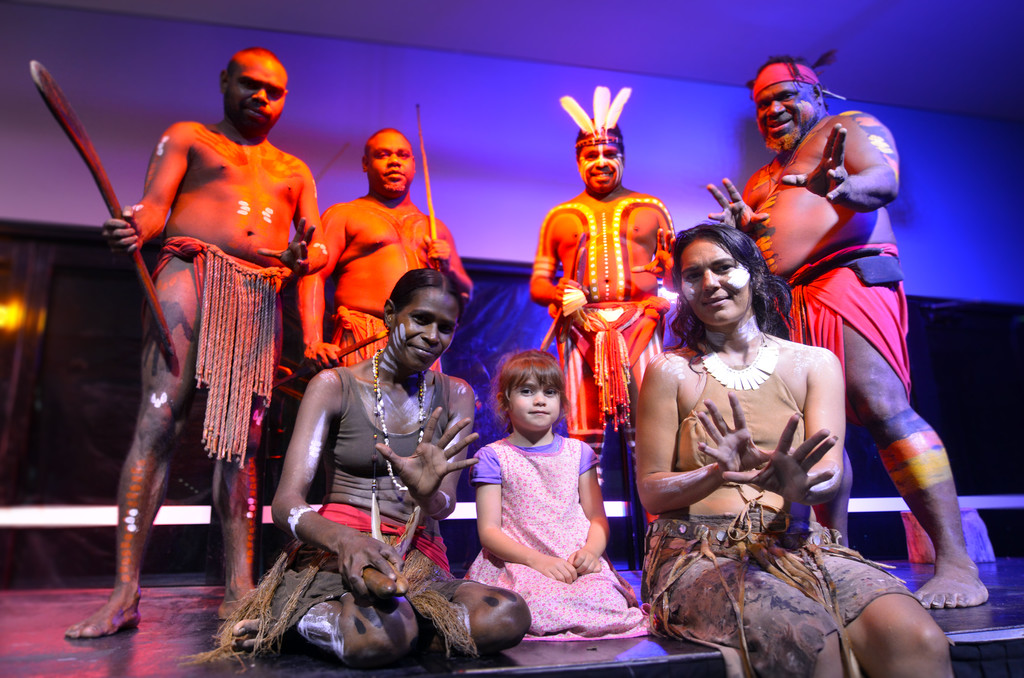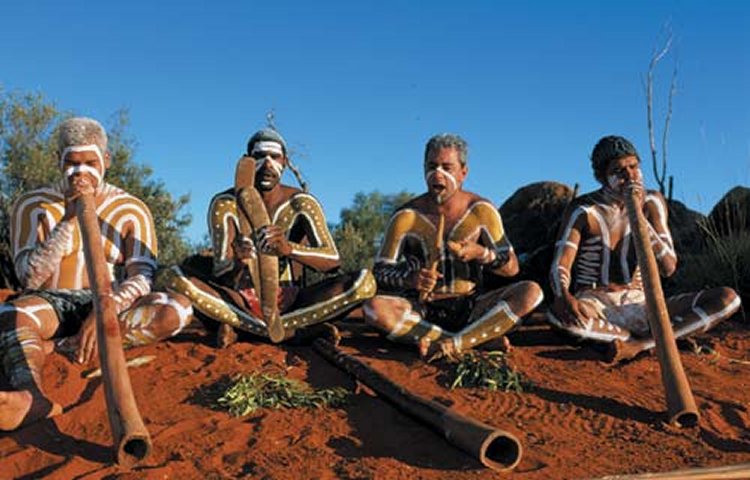Unpacking the Stories Behind Aboriginal Australian Surnames: More Than Just Names
Unpacking the Stories Behind Aboriginal Australian Surnames: More Than Just Names
.jpg)
In the tapestry of Australian history, Aboriginal Australians have long been a vibrant thread, woven with stories, traditions, and a deep connection to the land. However, the legacy of colonization has left its mark on their identities, particularly in the way they are named. Understanding Aboriginal Australian surnames requires delving into a complex past, acknowledging the impact of forced assimilation, and appreciating the resilience and cultural richness that continues to thrive.
The Erasure of Indigenous Naming Practices
Related Articles: Unpacking the Stories Behind Aboriginal Australian Surnames: More Than Just Names
- Unveiling The Secrets: A Journey Into The World Of Aboriginal Masks
- The Buzz About Stingless Bees: Exploring Australia’s Unique Pollinators
- A Taste Of Paradise: Exploring The Delicious Diversity Of Australian Fruits
- The Didgeridoo: A Deep Dive Into Australia’s Iconic Instrument
- Australia: A Fruitful Paradise – Discover The Bounty Of The Land Down Under
Prior to European colonization, Aboriginal Australians had a rich and diverse system of naming practices. These names were not simply labels but held profound meaning, often reflecting a person’s lineage, ancestral connection to the land, or significant life events. The intricate connection between name and identity was deeply ingrained in their cultural fabric.
However, the arrival of Europeans brought with it a systematic effort to erase these traditional naming practices. The imposition of European surnames, often arbitrary and disconnected from Indigenous cultural context, was part of a broader assimilation policy aimed at assimilating Aboriginal Australians into European society.
This forced adoption of surnames had a significant impact on Indigenous communities. The loss of traditional names severed the connection between individuals and their ancestral heritage, contributing to a sense of cultural displacement and dispossession.
The Complexity of Aboriginal Australian Surnames
The surnames adopted by Aboriginal Australians are a complex tapestry woven from various threads:
-
Government-Assigned Surnames: During the assimilation era, government officials often assigned surnames based on arbitrary criteria, such as the location of a mission or the name of a local river. This resulted in a wide range of surnames, some of which are shared by numerous individuals with no familial connection.

-
Europeanized Versions of Traditional Names: In some cases, Aboriginal names were anglicized or Europeanized, often resulting in a distorted representation of the original name. These "translations" often lost their original meaning and cultural significance.

Adoption of Surnames from European Settlers: Some Aboriginal Australians adopted the surnames of their European employers or adopted families, reflecting the complex relationships that arose during colonization.
-
Re-Claiming Identity Through Surname Change: In recent years, there has been a growing movement among Aboriginal Australians to reclaim their cultural identity by changing their surnames back to traditional names or adopting names that reflect their heritage.

The Significance of Understanding Aboriginal Surnames
Understanding the history and complexities of Aboriginal Australian surnames is crucial for several reasons:
-
Respecting Cultural Heritage: Recognizing the impact of forced assimilation and the loss of traditional naming practices demonstrates respect for Aboriginal cultures and their resilience.
-
Promoting Reconciliation: Acknowledging the historical injustices surrounding surnames is an important step towards reconciliation and building a more inclusive society.
-
Preserving Indigenous Languages and Cultures: By understanding the meaning and significance of traditional names, we contribute to the preservation of Indigenous languages and cultures.
-
Supporting Indigenous Self-Determination: Empowering Aboriginal Australians to choose their own names and reclaim their cultural identities promotes self-determination and cultural sovereignty.
Beyond the Surname: A Deeper Understanding of Identity
While surnames provide a glimpse into the history and experiences of Aboriginal Australians, it’s important to remember that they are only one aspect of their identity.
-
Connection to Country: Aboriginal identity is fundamentally rooted in their connection to the land, their ancestors, and their unique cultural practices.
-
Language and Culture: Language is a powerful tool for cultural expression and transmission. Understanding Aboriginal languages and cultural traditions provides a deeper understanding of their identity.
-
Community and Kinship: Aboriginal communities are structured around complex systems of kinship and family ties. These connections are central to their identity and sense of belonging.
Moving Forward: A Call for Respect and Understanding
As we navigate a path towards reconciliation and a more equitable future, it’s crucial to move beyond simply acknowledging the historical injustices surrounding Aboriginal Australian surnames. We must actively engage in learning, understanding, and respecting the diverse cultural practices and stories that shape their identities.
By recognizing the richness and complexity of Aboriginal Australian surnames, we can begin to dismantle the legacy of colonization and build a future where Indigenous voices are heard, their cultures are celebrated, and their identities are respected.
FAQ about Aboriginal Australian Surnames
Q: Why do Aboriginal Australians have European surnames?
A: Aboriginal Australians were forced to adopt European surnames during the assimilation era. This was part of a broader policy aimed at assimilating Indigenous people into European society and erasing their traditional cultures.
Q: How were Aboriginal surnames assigned?
A: Surnames were often assigned arbitrarily by government officials, based on factors like the location of a mission or a local river. Some individuals adopted the surnames of their European employers or adopted families.
Q: What is the significance of traditional Aboriginal names?
A: Traditional Aboriginal names hold profound meaning, often reflecting a person’s lineage, ancestral connection to the land, or significant life events. They are deeply intertwined with Indigenous cultures and identities.
Q: Are there any resources for learning more about Aboriginal Australian surnames?
A: Yes, there are several resources available, including:
- The Australian Institute of Aboriginal and Torres Strait Islander Studies (AIATSIS): Offers information on Indigenous cultures, languages, and history.
- The National Library of Australia: Holds a vast collection of resources on Aboriginal history and culture, including information on surnames.
- Local Aboriginal communities and organizations: Can provide insights into specific naming practices and cultural traditions.
Q: How can I be respectful of Aboriginal Australian surnames?
A: Be mindful of the historical context and the impact of forced assimilation. Use the name provided by the individual and avoid making assumptions about their heritage based on their surname.
Q: What can I do to support the preservation of Aboriginal Australian languages and cultures?
A: You can support organizations working to preserve Indigenous languages and cultures, such as AIATSIS. You can also learn about Aboriginal cultures and traditions, attend cultural events, and engage in conversations about reconciliation.
:max_bytes(150000):strip_icc()/185764733-58b9c9715f9b58af5ca6a804.jpg)
Closure
Thus, we hope this article has provided valuable insights into Unpacking the Stories Behind Aboriginal Australian Surnames: More Than Just Names. We thank you for taking the time to read this article. See you in our next article!


